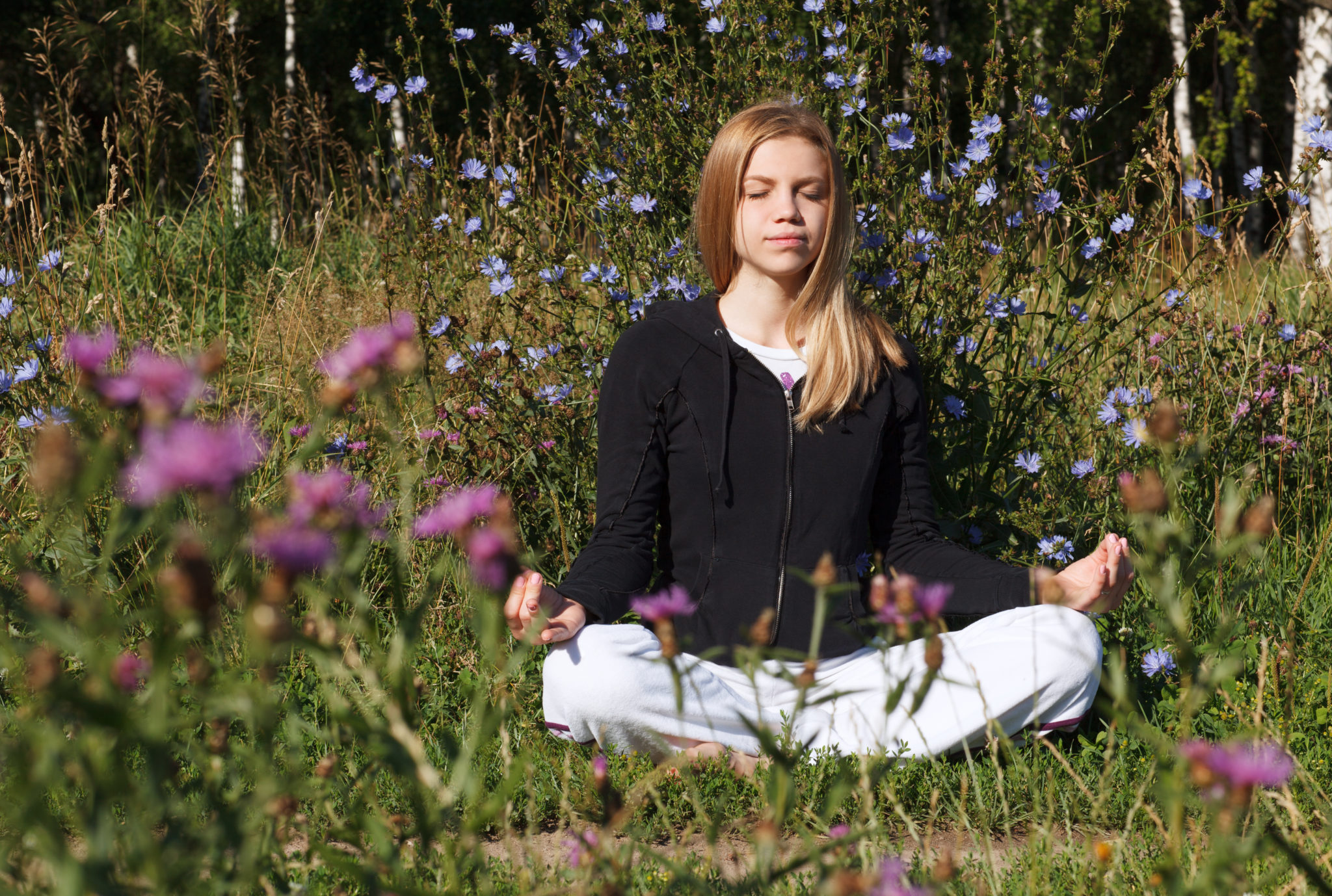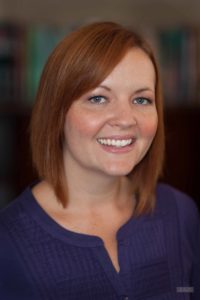
In the U.S., young adults struggling with depression and anxiety commonly receive mental health care based on a traditional medical model, reinforced by health insurance company policies. This means a psychiatric diagnosis, prescribed psychotropic medications, and professional talk therapy.
Colorado State University School of Social Work Assistant Professor Shannon Hughes wants to change that model. “The medical-disease model of distress can result in frustration, alienation, and feelings of hopelessness among young adults,” said Hughes. “They crave individualized care that incorporates their whole lives.”
Over the last two decades, rates of anxiety, depression, and suicide have risen steadily among young adults (age 18-25) in the United States and in Colorado. Many young people are not receiving the mental health services they need.
“Research shows young adults don’t want ‘one size fits all’ mental health treatment,” said Hughes. “The medicalized framework for care is limited. Young adults show a preference for alternative holistic options that can sustainably improve their lives.”
New approach to mood-related distress

In 2018, Hughes began leading a drug-free mental health care study to evaluate a biopsychosocial approach to mood-related distress in young adults. Funded by the Foundation for Excellence in Mental Health Care, it includes education, peer support, nutrition and lifestyle counseling, and recreation-based social networking.
Hughes’ project, the Learning and Self-development Collaborative, grew around the idea that what really matters for mental health includes self-care, feeling heard and validated, connection and support, self-exploration, activity, and empowerment.
“We wanted to open up possibilities for young people to form new language to understand who they are and to make sense of how they feel,” said Hughes. “The critical point was supporting people, and introducing ways to build trust with oneself as the expert of one’s own experience, versus deferring to a system.”
In the pilot project, a total of 26 young adults with moderate to severe symptoms of depression and/or anxiety were enrolled in the four-month pilot delivery of the Learning and Self-development Collaborative.
Four key areas for targeting individual growth were presented as a comprehensive package of services for young adults experiencing depression or anxiety:
- Consciousness-raising education – interactive workbook that opens possibilities for making meaning of distress using a variety of frameworks aside from a medical diagnosis
- Group peer support – mutual support in a non-professional/non-clinical space for listening, hearing, the opportunity to normalize thoughts and feelings
- Support from a naturopathic doctor (ND) – goal-setting and coaching around nutrition, diet, sleep, exercise, and lifestyle
- Recreational and expressive activities – activity of a participant’s own choosing, such as yoga or rock climbing, for self-exploration, expression, physical activity, and social connections
“My goal was to empower and inspire young people to be active participants in their treatments,” said naturopathic doctor Mary Rondeau ND, RH(AHG), a key collaborator who worked with Hughes on program development and met monthly with the 26 young adults in the study at The Wholeness Center in Fort Collins.
“Teaching the importance of self-care, and establishing daily routines, will help these individuals now and in the future,” said Rondeau. “For example, research shows that diet quality affects mental health; and a poor diet is associated with increased depression and anxiety.”
Results show viability and cost-effectiveness of holistic model
Of those who enrolled, 65 percent had prior clinical diagnoses, 65 percent had tried at least one psychotropic medication for their mental health struggles, and 31 percent had used crisis services for a mental health problem.
Mood, empowerment, and quality of life outcomes were assessed every other month for six months, along with qualitative focus groups after program completion.
The pilot study results demonstrate that a holistic self-learning model—based on diet and lifestyle, education for self-development, peer support, and activity exploration—is a viable and cost-effective option for better serving the mental health needs of young adults.
- 81 percent of young adults completed all activities throughout the four-month program
- Young adults demonstrated steady and significant improvement in levels of depression, anxiety, severity of distress, overall quality of life, and empowerment
- Progress achieved was maintained or further improved at the six-month follow up
- Less than 10 percent of participants reported starting a psychotropic medication, and only “as needed”
- Direct service costs are estimated at $1420 per person for the entire program
“The information provided in the curriculum began to shift the ways individuals related to themselves and their mental health,” said Katie Klumb, MA, a mental health therapist and member of The Nowak Society, who also served as a key collaborator for program development and support of participants. “It offered the reminder that the state of their mental health is predicated on so much more than just a ‘chemical imbalance.’”
“More service and support alternatives should be rigorously evaluated for long-term impacts,” said Hughes, “and evaluated particularly for the potential to reduce chronic reliance on psychotropic medications.”
Free resource for young adults experiencing mood-related distress
“Over the long term, this work is about shifting the trajectories of young people, away from the medicalization of distress, and that merry-go-round of chronic reliance on psychotropic drugs, that often starts in young adulthood,” said Hughes.
The workbook used in the study is available for individual and organizational use on the project website. “Individuals can download this curriculum or it can be used in groups,” said Hughes, “and we would be happy to partner with anybody on what we’ve learned and how we went about providing this alternative.”
“We really felt it was essential to incorporate this sense of agency and activism into our curriculum and into our program—we’re not in this alone, we can walk this together—that’s the space we showed up in for young adults,” Hughes said. “It was a philosophy and a mindset that carried us forward, and we hope it’s something that supports a broader shift in our mental health care system.”
The School of Social Work is part of CSU’s College of Health and Human Sciences.